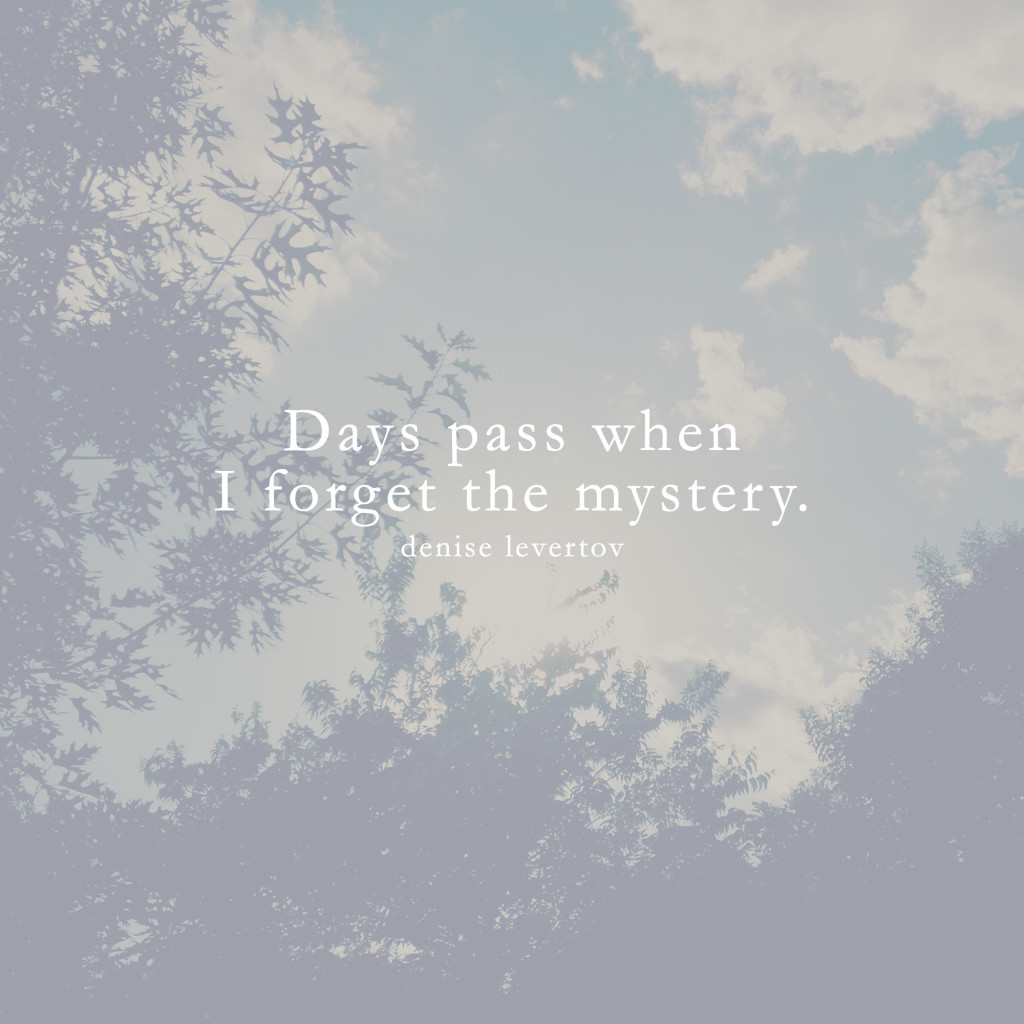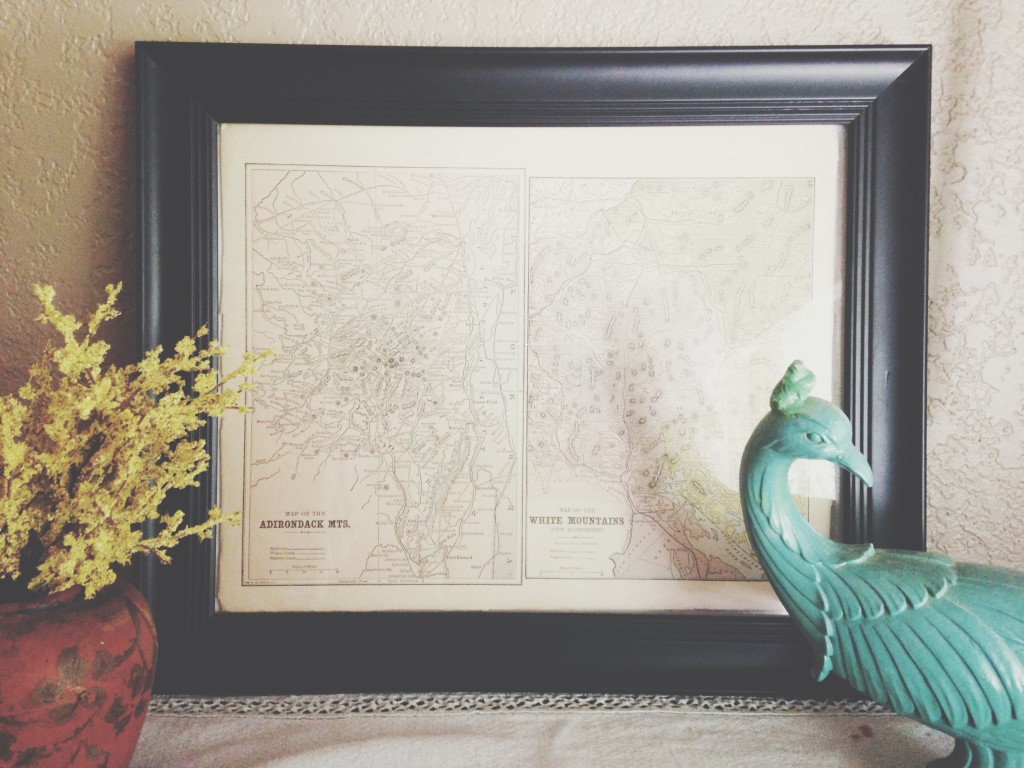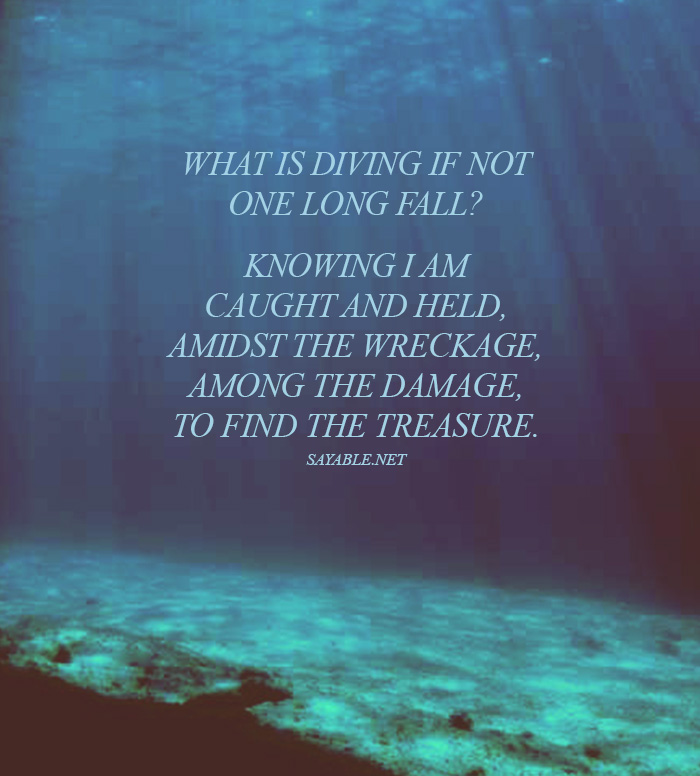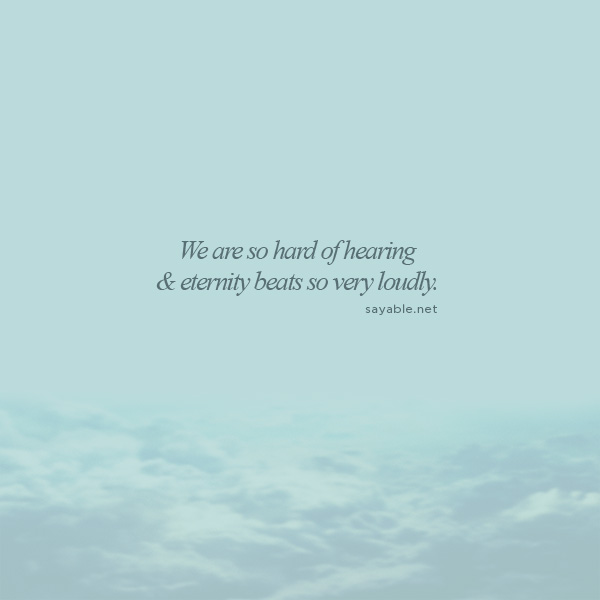Liberty for All
My family isn't from America. We're Scotch-Irish. Family crests tattooed on flesh, bagpipes at weddings, hot tempers, strong drinks, and my older brother wore a kilt to his wedding: that kind of Scotch-Irish. I expect my ancestors were the sort coppers in the 19th century had their eyes on. We had the sort of Scotch-Irish lore that birthed a quiet pride in us all. We are Ferguson-Bradys, through and through. I grew up outside Philadelphia, Pennsylvania, though, where we watched reenactments of Washington crossing the Delaware on Christmas, toured Valley Forge more times than I can remember, and the Liberty Bell was a familiar sight. We were Americana Americans. But as much as I felt like an American, I also knew I wasn't this kind of American.
I am not of the colonial Americans; I am of the immigrant kind.
When this realization came upon me, I began to feel a somewhat deeper kinship with places like Ellis Island than I did with the statue of William Penn peeking above the rooftops in downtown Philly. Whether my ancestors came through Ellis Island didn't matter to me, the reality was that I was of another place. William Penn was not mine in the same way those bedraggled masses filing through ports in New York City were mine.
Whenever I read the words of Emma Lazarus in her poem, The New Colossus, affixed to the Statue of Liberty, a small sob catches in my throat and an overwhelming gratitude fills my heart.
"Keep ancient lands, your storied pomp!" cries she With silent lips. "Give me your tired, your poor, Your huddled masses yearning to breathe free, The wretched refuse of your teeming shore. Send these, the homeless, tempest-tost to me, I lift my lamp beside the golden door!"
I am more of Lady Liberty than I will ever be of William Penn. I am a sojourner in a country that is not my home. But even more than that, I am a spiritual sojourner in a land not my own, I am tired and poor, yearning to breath free, tempest-tossed, and more. My haven is secure and the same invitation is to everyone.
Right now we have thousands of children crossing into our borders. Escaping poverty, violence, corruption, and danger in their homeland. They are six and seven years old, some are sixteen and seventeen. They seek a haven and we all want to pull out our constitution, talk about borders and control, and how many of us have read the book of Exodus recently? Or Hebrews? Or, goodness gracious, Revelation?
Brothers and sisters, we cannot look too far behind us before we come against a father or mother in our lineage who came to America looking for a better life. Did they get one right away? I don't know. They might have been Irish immigrants, like mine, angry and drunkards. But those immigrants fathered me and they might have fathered you. Even if you can trace your lineage to colonial America, think of what they escaped and why the Declaration of Independence and Constitution was written?
Think, then, of looking toward your heavenly country, the better kingdom. This world, this new world, America, land of opportunity and middle class and welfare and democracy, it isn't home, so do not treat it as such. Not for you immigrant, son of Heaven.












